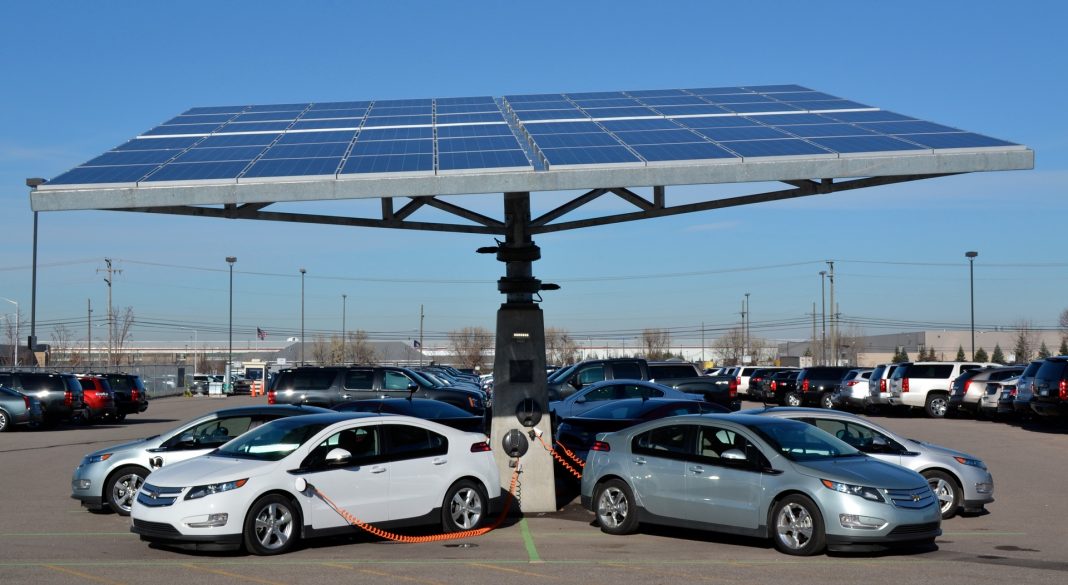Certainly! Reducing the carbon footprint associated with electric vehicle (EV) charging is crucial for environmental sustainability. Here is some strategies:

1. Charging Time Optimization:
When you charge your EV, it matters. Over 50% of Grid based power is from Coal Fired Power Plants which is definately not
Eco-Friendly. If you charge during the day when solar and wind power are available, your carbon footprint will reduce significantly
compared to Grid-based night charging.
Consider using a smart charging solution that allows you for Top-up charging at any time as per your convineince without leaving
Carbon footprint.
2. Battery Production Emissions:
The production of lithium-ion batteries for EVs is a highly carbon-intensive process. The energy-intensive synthesis of
battery components requires high temperatures, resulting in huge CO₂ emissions However, the manufacturers are actively
working to reduce emissions from battery production. Manufacturers are actively working to reduce emissions from battery
production.
The quick solution to this is green charging, which should be Non-Grid based and still eco-friendly.
3. Lifecycle Assessment:
While battery production emits CO₂, an EV’s overall impact is still lower than that of a gasoline car due to zero tailpipe
emissions during operation. The carbon emissions from battery production can be offset once when the EV is in use and it does
not contribute to carbon emission.
To use the Battery full life cycle, regular fast charging need to be discouraged.
4. Infrastructure Improvements:
Invest in renewable energy infrastructure to power EV charging solutions while encouraging electric vehicles rather than Petroleum ones. Renewable Energy based infrastructure will require huge investment and expensive Land acquisition and
Remember, every small step toward cleaner energy and sustainable practices contributes to a greener future!